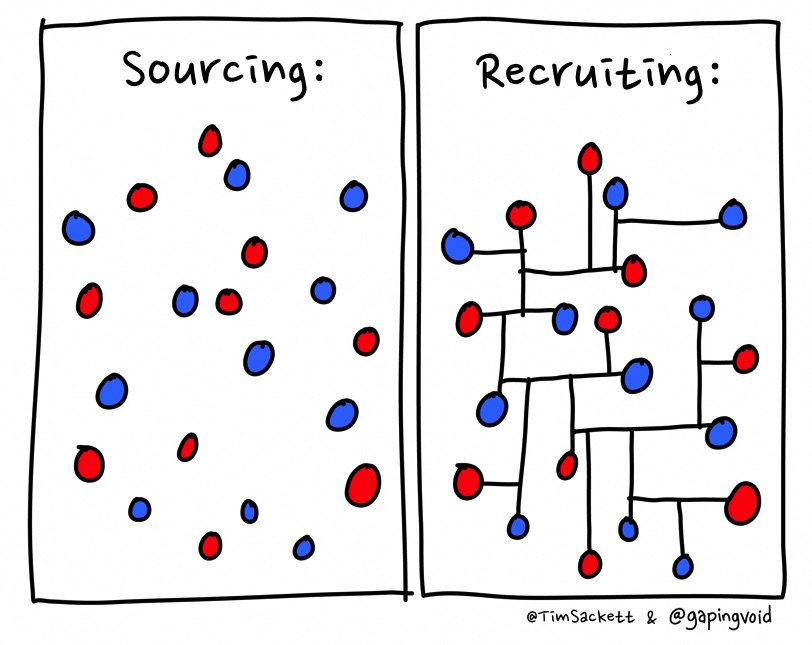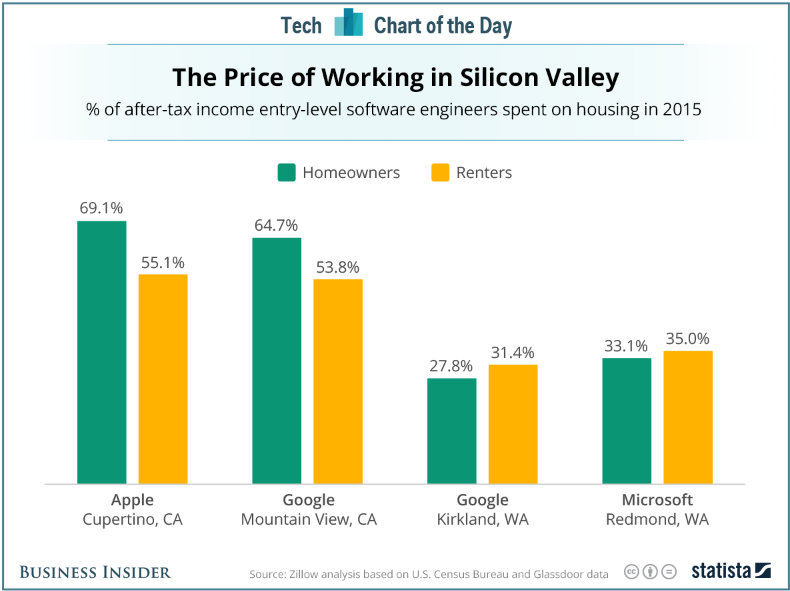Something happened over the past five years. Content marketing, which is a brilliant way to connect with a customer base and build sales, became very fashionable in the recruiting space. So much so, that I constantly read vendors telling in the trenches Talent Acquisition pros and leaders:
“In Recruiting, content is king!”
No. No, it is not! In recruiting, activity is king. I think the confusion comes into play with people treating employment branding and recruiting as the same thing. They’re not the same thing. One build’s awareness of who you are and what kind of employer you might be, possibly you can stretch employment branding into awareness of your job openings as well.
Content in employment branding is important if you’re doing content recruitment marketing. Again, you don’t have to do this to do employment branding. Many organizations build their brand without content. If you have a great consumer brand, you are less likely to need content to build your employment brand.
I’m not against producing great content to build your brand, believe me! It can be super helpful, especially if you don’t have a larger consumer brand behind you.
The point is you can be awesome in recruiting and never produce a single piece of content. I see so many TA shops missing this right now. The question is why? Why are TA shops believing that the only way to recruit is to build content and build an audience?
Employer Branding is a huge business right now! Organizations are spending millions of dollars per year to build, maintain and grow their employment brand. For huge organizations, or organizations in highly competitive environments, this is very important. For many organizations, this is a complete waste of time and resources!
The noise in the employment branding space is so loud right now, most organizations are not going to be heard. In that case, why are you spending the resources? You’re doing this because it’s easier than picking up a phone and calling a candidate! That’s recruiting.
Recruiting are the activities you do to hire people for the jobs you have open. Included in those activities are not only candidate attraction but candidate interaction. Candidate interaction, the function of a recruiter interacting with a candidate, might be the most forgotten skill in all of Talent Acquisition.
The skill of interacting with a live person is lost on most talent acquisition shops. Sure you can connect with candidates via email, messaging, text, twitter, Snapchat, etc. Eventually, though, someone has to speak to a live person. Someone has to close this person on coming to work for you. We, the talent acquisition industry, continue to spend less and less time on this side of our business, and it’s showing.
Great recruiting organizations are activity focused and activity driven. Sales funnel. Candidates come in the top, and hires come out the bottom. It’s not difficult. It’s not art. It’s a process. It’s metrics. Teach your recruiters to be able to engage live people on the front side, and you will see a great return on that investment in more hires. No content needed.


